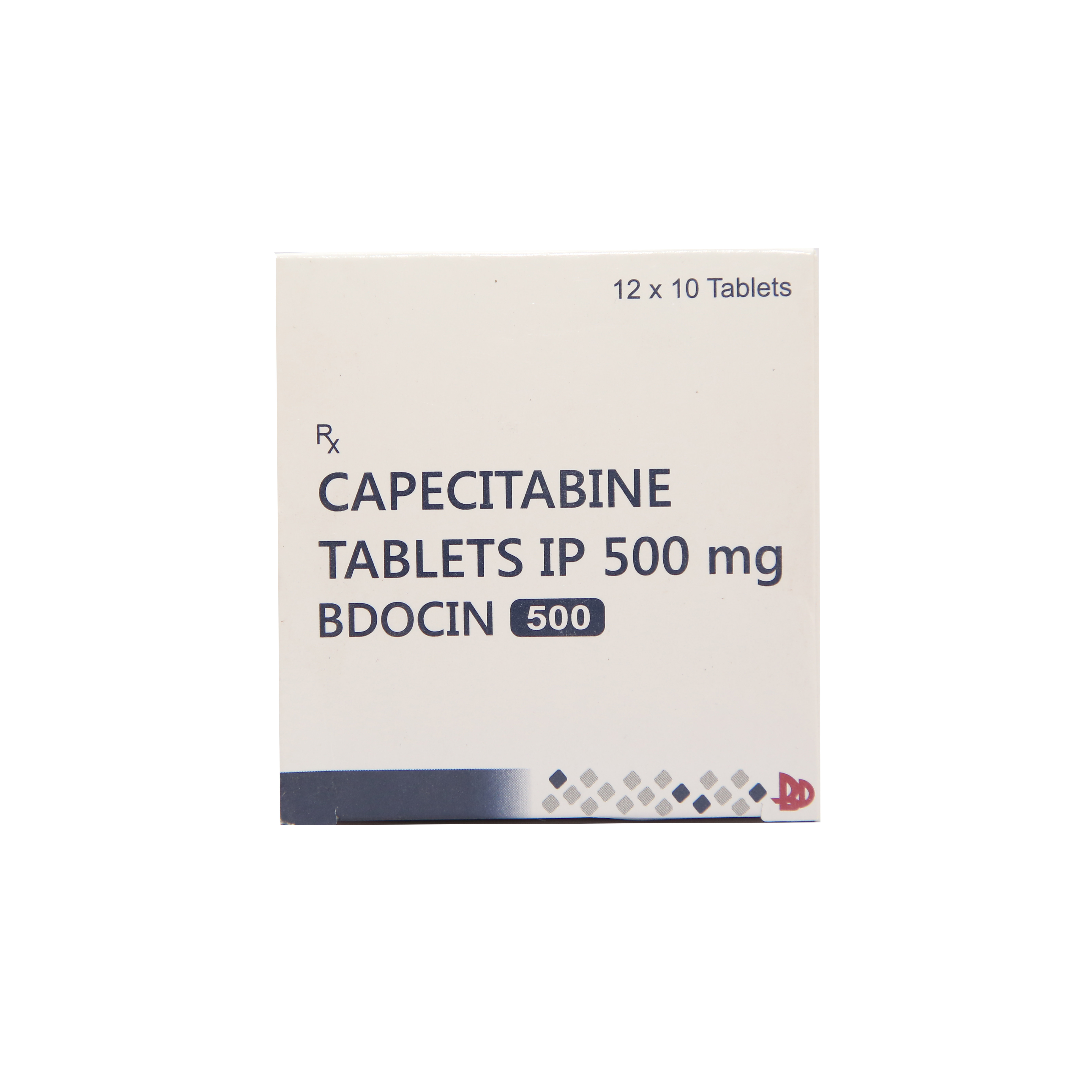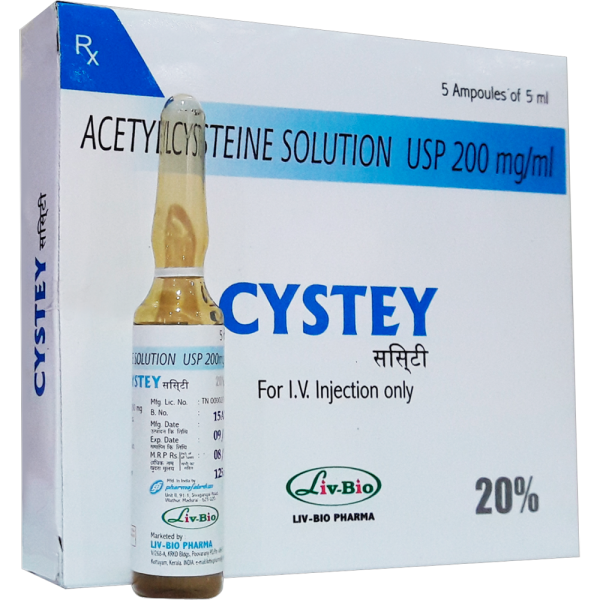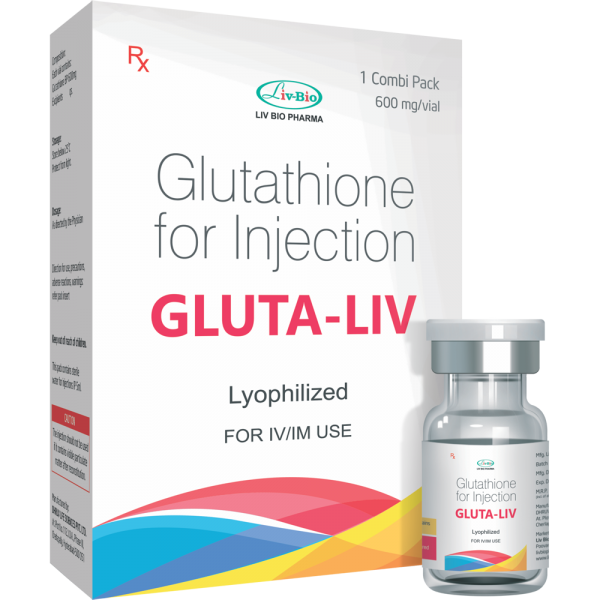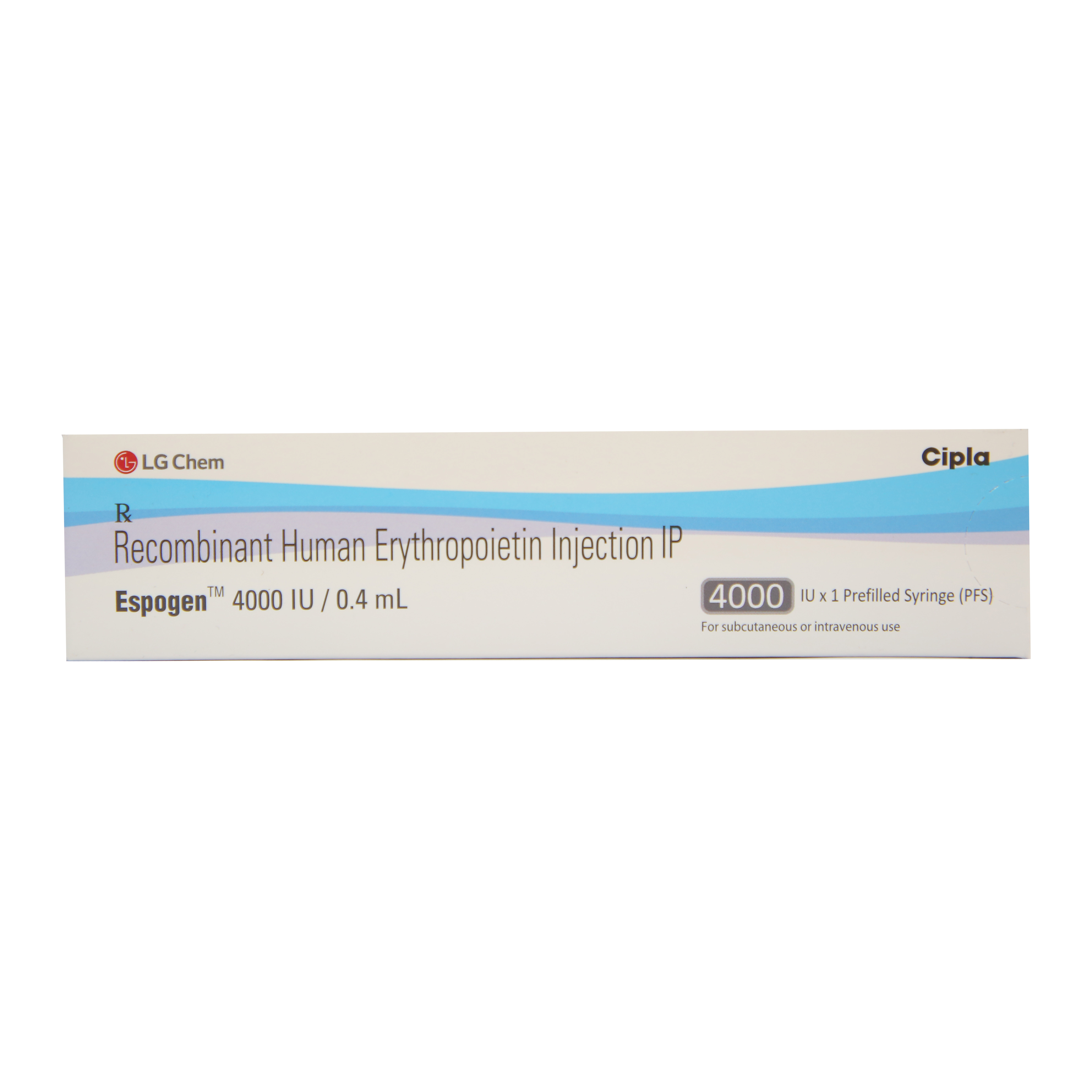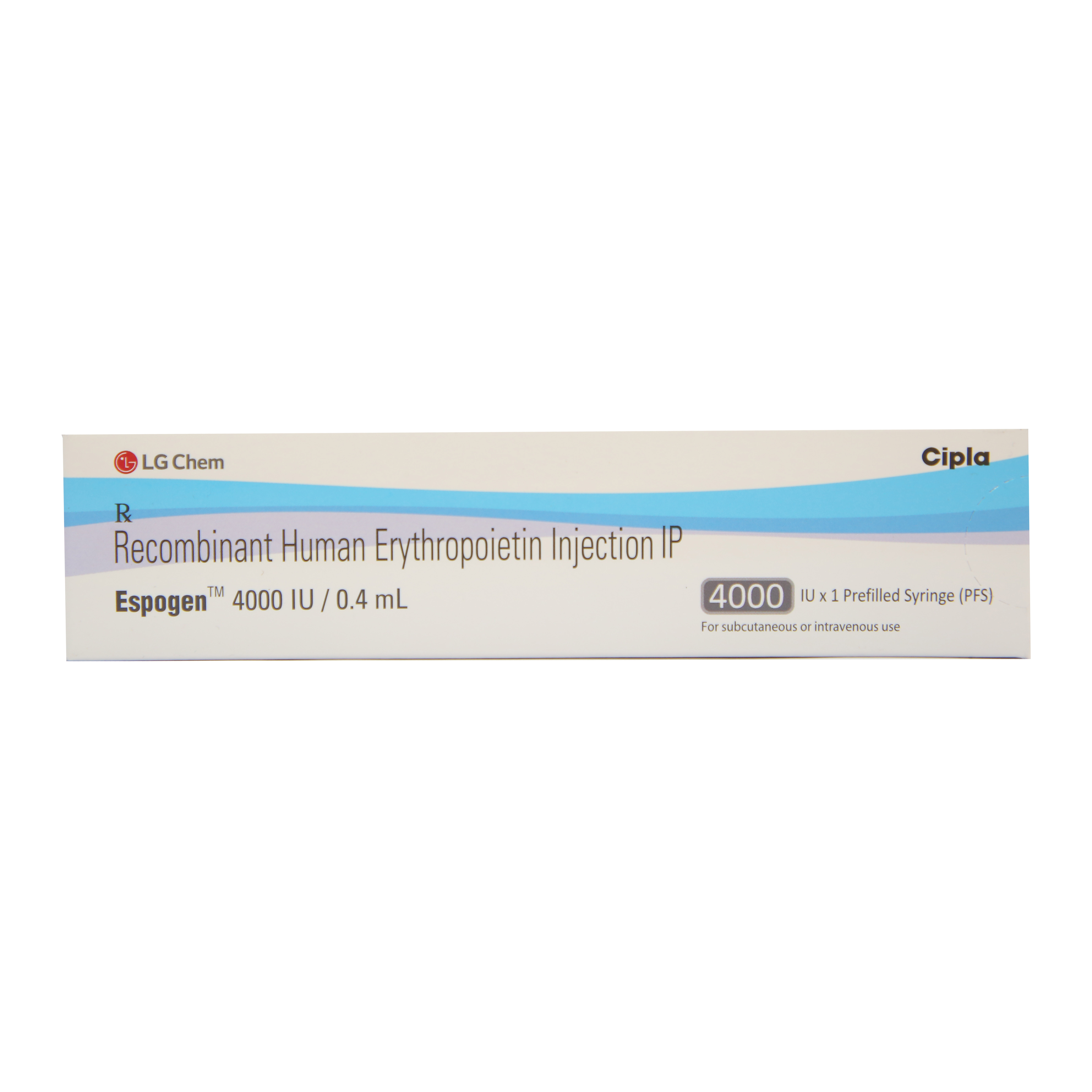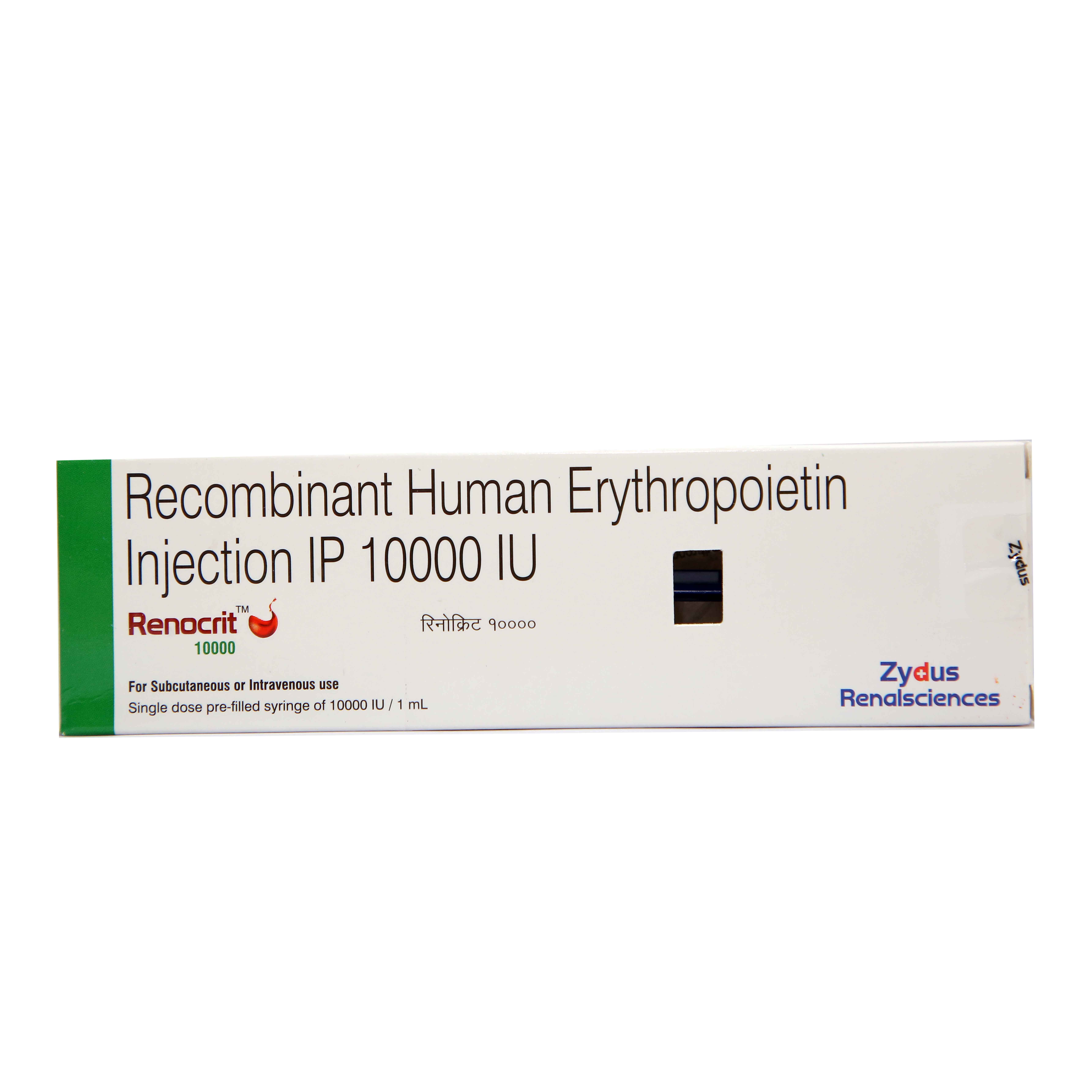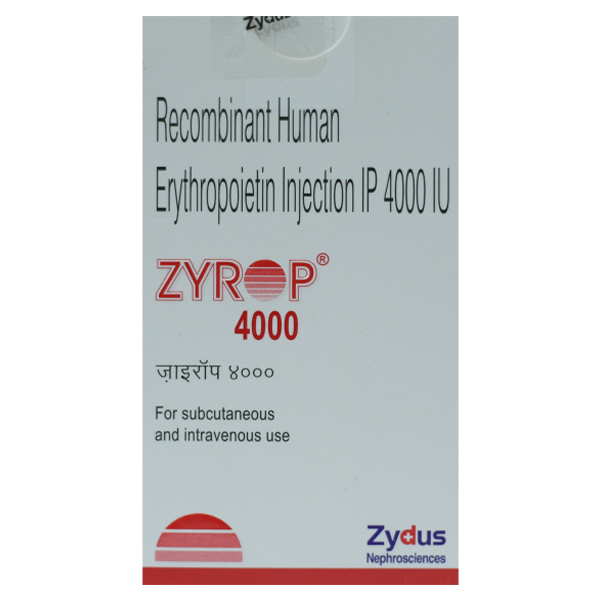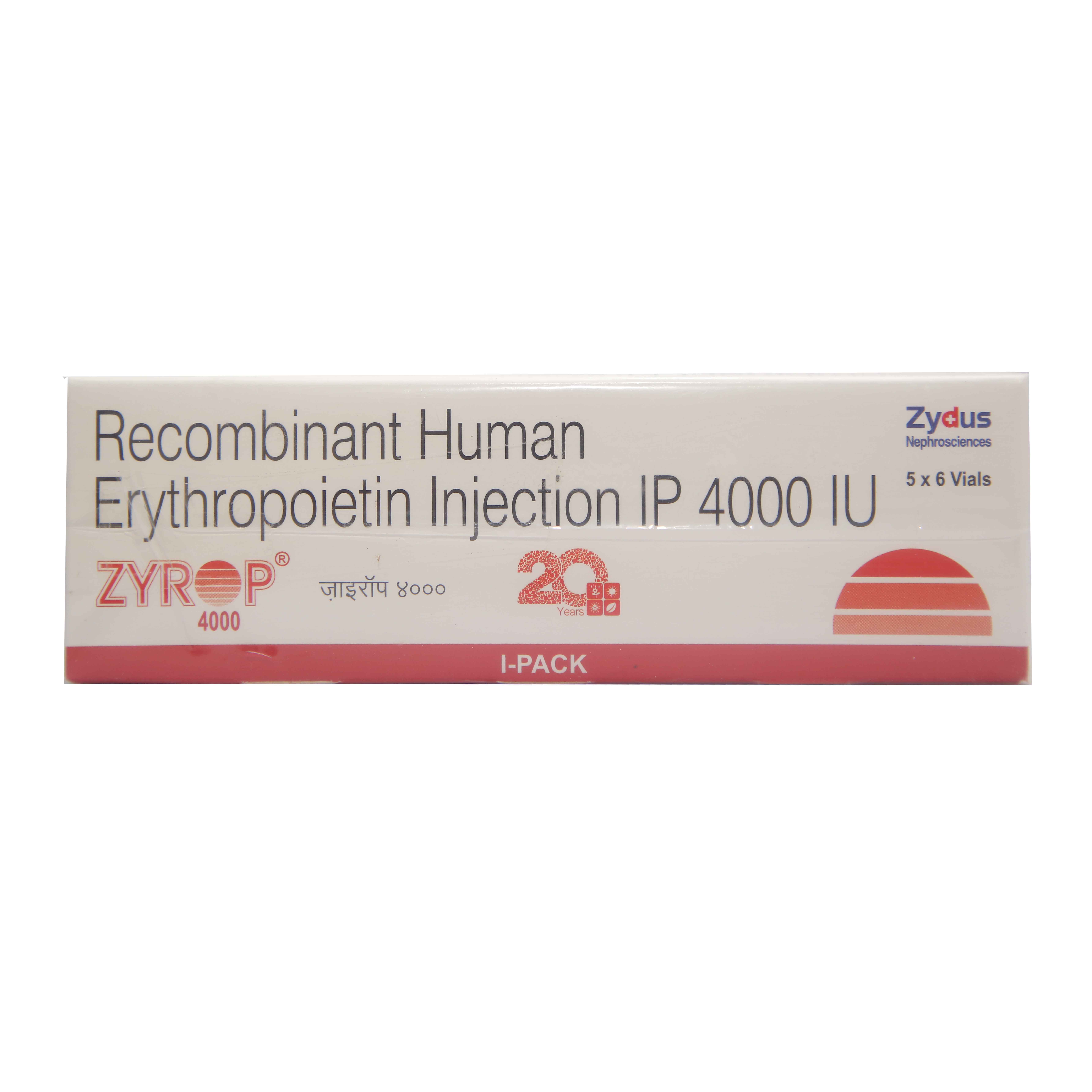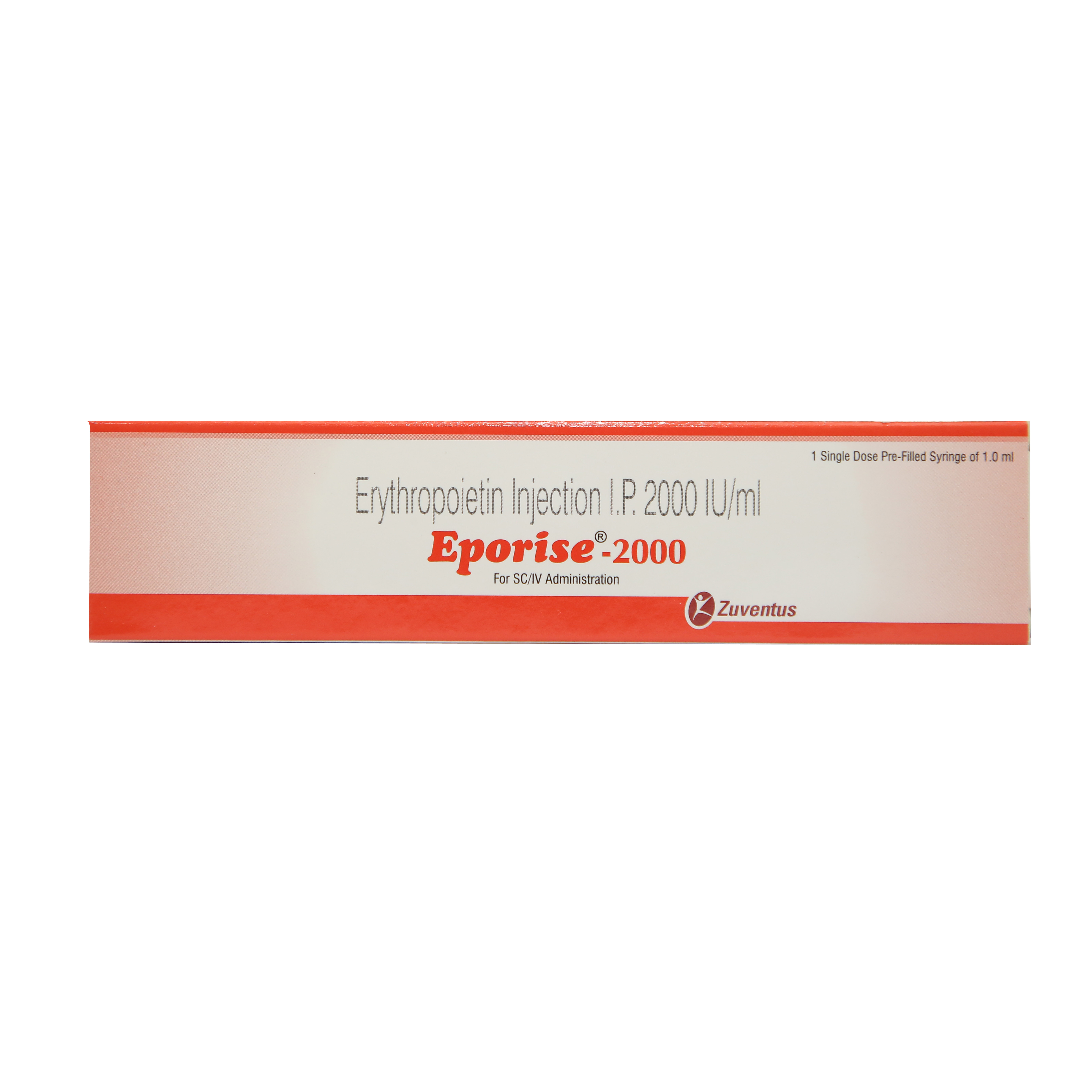Introduction to Bdocin 500mg Tablet Bdocin 500mg Tablet contains the active ingredient Capecitabine. It belongs to the category of medicines known as antimetabolites. This medication is used in combination with other anticancer drugs for the treatment of Metastatic colorectal cancer and breast cancer. Cancer is a disease in which cells multiply in an abnormal and uncontrolled manner. It is also used for the prevention of new occurrences of cancer in the colon after the complete removal of the tumor by surgery. The common side effects that are likely to occur with this medicine are loss of appetite, headache, runny nose, fever, hair loss, and dry mouth. During the treatment, your doctor may periodically monitor your complete blood counts, prothrombin time, INR, to prevent serious complications. Report to your doctor if you have been diagnosed with stomach ulcers, cataract, lung disease, problems in your heart, liver, skin, kidneys. Tell your physician before you undergo eye surgery or dental procedures. Inform your doctor if you have experienced any allergic or unusual reactions after taking this tablet. This medicine can cause fertility issues, inform your doctor about any fertility concerns you may have before starting treatment with this medicine. Bdocin 500mg Tablet is not recommended for children and adolescents. Before taking this medicine, ask for physician advice if you are intolerant to sugars as this chemotherapy medication contains lactose. This drug will not be given if you have low white blood cell or platelet count, chickenpox, shingles, or enzyme DPD deficiency (dihydropyrimidine dehydrogenase). Take this medicine within thirty minutes after finishing a meal. This drug can cause fetal harm when administered to a pregnant woman. Uses of Bdocin 500mg Tablet Bdocin 500mg is used to treat: Adjuvant colon cancer Metastatic colorectal cancer Metastatic breast cancer Therapeutic Effects of Bdocin 500mg Tablet Bdocin 500mg is prescribed alone and also in combination with other anticancer medications like Docetaxel and Oxaliplatin. It stops the growth of cancer cells by inhibiting the DNA synthesis. It gets converted into its active form called fluorouracil and interferes with cell signalling, ultimately preventing the multiplication of cancer cells. Interaction of Bdocin 500mg Tablet with other drugs Inform your healthcare provider about all the medicines you take, including prescription medications, over-the-counter medications, nutritional or vitamin supplements, and herbal products. Certain medications may interact with Bdocin 500mg Tablet and reduce effectiveness by causing undesirable side effects. More Information about Bdocin 500mg Tablet Store Bdocin 500mg Tablet in the original package at room temperature (20°C to 25°C). Do not freeze. Keep it out of reach from children and pets. How to consume Bdocin 500mg Tablet Take a Bdocin 500mg Tablet as prescribed by your doctor. Do not crush or chew the tablet. If you miss a dose of this tablet, take it as soon as you can if it is within 12 hours of the missed dose. If it is over 12 hours since your missed dose, skip the missed dose and go back to your usual dosing times to avoid taking double doses. Call your doctor to ask about making up the missed dose. Safety Advices for Bdocin 500mg Tablet Image Not Available Pregnancy Bdocin 500mg Tablet is not recommended for pregnant women as it may cause fetal harm. Image Not Available Breast Feeding It is not known if Bdocin 500mg tablet passes into your breast milk or if it will affect your baby or your breast milk. Talk to your doctor about the best way to feed your baby if you receive this drug. Image Not Available Lungs It is not known whether Bdocin 500mg tablet can be prescribed to patients with lung problems. Consult your doctor if you have any lung diseases before starting the treatment. Image Not Available Liver Inform your doctor if you have any liver disorders before taking Bdocin 500mg tablet. Regular monitoring of liver function tests is recommended. Image Not Available Alcohol It is unknown whether consuming alcohol interacts with Bdocin 500mg tablet. Please consult your doctor for more advice. Image Not Available Driving Bdocin 500mg Tablet may cause drowsiness which can affect the patient’s ability to drive or use machines. Consult your doctor before you resume driving. Side Effects of Bdocin 500mg Tablet Side effects are unwanted symptoms caused by medicines. Even though all medicines cause side effects, not everyone gets them
Send Message